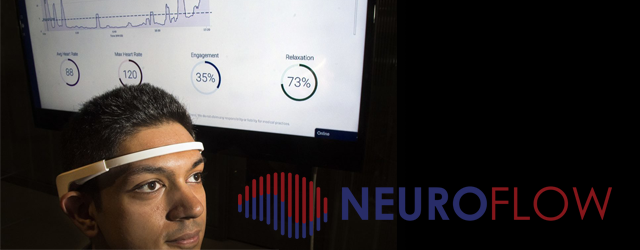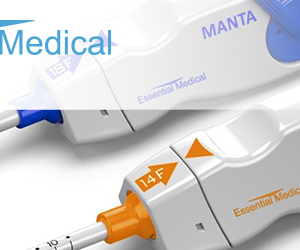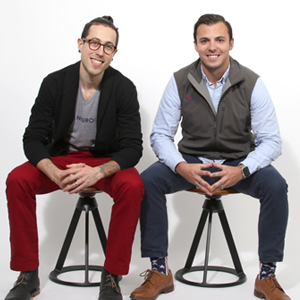Local Veteran Helping Mental Health Patients Stay Engaged
Getting people to continue their mental health treatment is a challenge. About 70 percent stop treatment before their third session – and often because they don’t feel it’s working.
But a Philadelphia start-up says its technology can change that.
Christopher Molaro’s mental health misson is personal. He served 5 and a half years in the Army, including a tour of duty as a platoon leader in Iraq.
Molaro saw what the round-the-clock cycle of stress, uncertainty, and the threat of violence did to a soldier’s mental state.
Back home, he saw how hard it was to keep veterans – and ordinary citizens – in mental health care.
For dieters, the scales measure progress, but there are no scales in mental heath.
“The standard of care today is self-reporting. It’s on you – do you feel better today?” he said.
As a student at Penn’s Wharton School, Molaro got the inspiration for Neuroflow.
It’s a software system which integrates biometric feedback, reminders, and rewards, to keep patients engaged.
“Your body physiologically changes when you get stressed or when you’re relaxed,” said Molaro.
Those changes are measured with wearable sensors – an EEG headset to record brainwaves, and a chest strap for heart rate and heart rate variability –
“It’s the heart rate variability that’s really key – so how consistent is your heartbeat?” he said,.
Clinical psychologist Kristen Van Doren has used Neuroflow for nearly a year. She says it’s easy for patients using biofeedback or meditation to see where they are.
See the news video and read the full article here.





